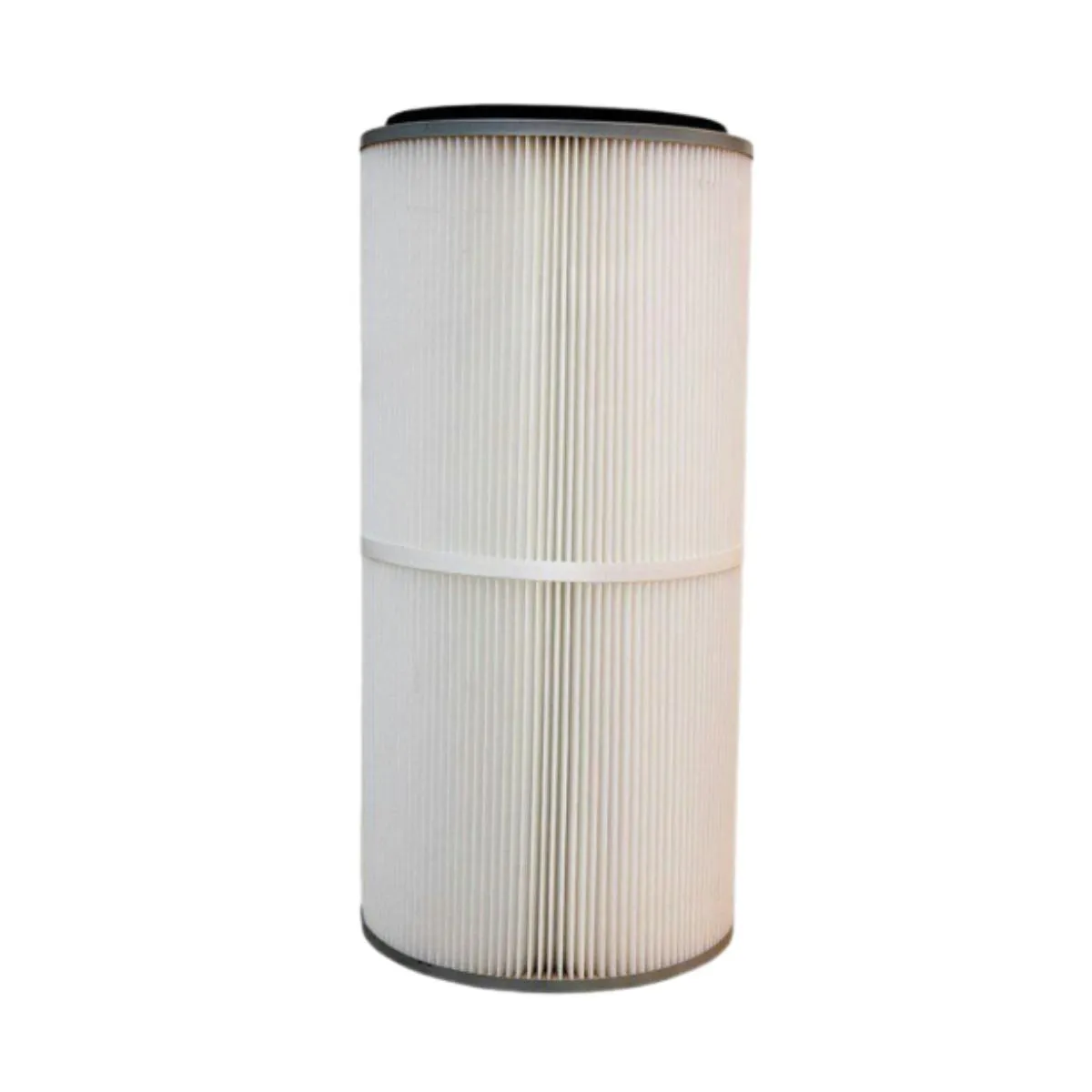 Tel:
+8615930870079
Tel:
+8615930870079
nov. . 06, 2024 19:53 Back to list
Optimal Performance of Vacuum Cartridge Systems for Enhanced Efficiency and Longevity
The Vacuum Cartridge Revolutionizing Filtration Technology
In an era where environmental consciousness and efficiency are paramount, the vacuum cartridge system stands out as a significant innovation in filtration technology. This technology has redefined how fluids and gases are filtered, enhancing performance across various industries including pharmaceuticals, food and beverage, and environmental services.
Understanding Vacuum Cartridge Systems
The vacuum cartridge operates on a principle of utilizing vacuum pressure to enhance the filtration process. Unlike traditional filtration systems that rely purely on gravity or pressure, the vacuum cartridge employs a vacuum force to draw liquids or gases through a filtering medium. This allows for a more thorough separation of contaminants from the desired substance, achieving higher levels of purity and efficiency.
A typical vacuum cartridge setup consists of a cylindrical filter element encased in a housing that maintains the necessary vacuum. The filter element is often constructed from advanced materials designed to capture particles of various sizes, ensuring that even the most microscopic contaminants are removed from the flow.
Advantages of Vacuum Cartridge Filtration
1. Improved Efficiency One of the primary advantages of vacuum cartridge systems is their ability to operate at lower pressure drops. This means that the systems can maintain optimal flow rates without taxing the pump, leading to energy savings and longer equipment lifespan.
2. High Filtration Quality The vacuum drawing process allows for finer filtration compared to traditional methods. This is particularly beneficial in industries like pharmaceuticals, where product purity is paramount. A vacuum cartridge can effectively remove bacteria, spores, and other impurities, ensuring compliance with strict regulatory standards.
3. Versatility Vacuum cartridge systems can be utilized for a variety of fluids and gases, including corrosive substances. The materials used for construction are often resistant to chemicals, making them suitable for demanding environments.
4. Space Efficiency Compared to conventional filtration systems, vacuum cartridges typically require less floor space. Their compact design allows for integration into existing setups without the need for extensive modifications.
vacuum cartridge

Applications Across Industries
The vacuum cartridge technology finds applications across multiple sectors
- Pharmaceuticals Ensuring the purity of active pharmaceutical ingredients (APIs) is critical. Vacuum cartridges effectively remove unwanted particulates and microorganisms during the manufacturing processes.
- Food and Beverage With the rise in consumer demand for high-quality, safe products, vacuum filtration plays a crucial role in maintaining hygiene and extending shelf life. This technology is utilized in processes such as winemaking and beer brewing to clarify liquids.
- Environmental Services In wastewater treatment, vacuum cartridges are employed to separate solids from liquids efficiently, contributing to cleaner water discharge and recycling processes.
Challenges and Future Directions
Despite its many advantages, vacuum cartridge systems are not without challenges. The initial investment may be higher than traditional systems, and proper maintenance is critical to ensure operational efficiency. Users must also be knowledgeable about the appropriate filter media for their specific applications to maximize effectiveness.
Looking ahead, advancements in materials science and engineering will likely yield even more efficient and effective vacuum cartridge systems. Innovations such as nanotechnology-based filters may enhance particle capture capabilities, while developments in automation can streamline the maintenance processes, further reducing downtime.
Conclusion
The vacuum cartridge represents a significant leap in filtration technology, offering numerous benefits that align with the contemporary demands for efficiency, purity, and sustainability. As industries continue to evolve and regulations tighten, the adoption of such advanced filtration solutions will undoubtedly play a crucial role in meeting market needs and environmental challenges alike. As we embrace this technology, we pave the way for a cleaner and more efficient future.
-
Nano Fiber Technology: Revolutionizing Cartridge Dust Collector FiltersNewsAug.06,2025
-
How Activated Carbon Air Cartridges Eliminate OdorsNewsAug.06,2025
-
Dust Filter Cartridge Handling Fine Particulate MatterNewsAug.06,2025
-
Cartridge Dust Collector Filter for Welding Fume ExtractionNewsAug.06,2025
-
Activated Carbon Filter Cartridge Effectiveness Against VOCsNewsAug.06,2025
-
Activated Carbon Air Filter Cartridge Benefits ExplainedNewsAug.06,2025

 Email:
Email:





